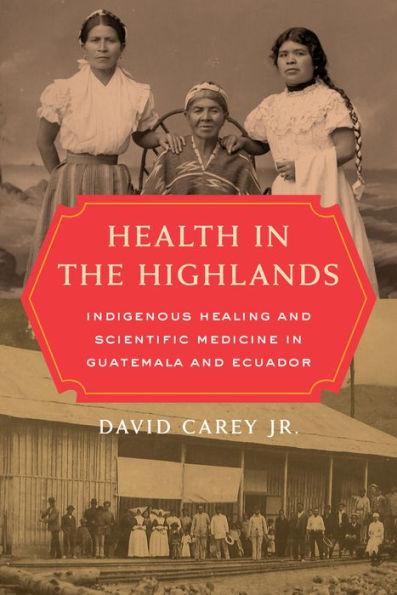Populated by
curanderos, midwives, bonesetters, witches, doctors, nurses, and the indigenous people they served, this nuanced history demonstrates how cultural and political history, misogyny, racism, and racialization influence public health. In the first half of the twentieth century, the governments of Ecuador and Guatemala sought to spread scientific medicine to their populaces, working to prevent and treat malaria, typhus, and typhoid; to boost infant and maternal well-being; and to improve overall health.
Drawing on extensive, original archival research, David Carey Jr. shows that highland indigenous populations in the two countries tended to embrace a syncretic approach to health, combining traditional and new practices. At times, both governments encouraged--or at least allowed--such a synthesis: even what they saw as "nonscientific" care was better than none. Yet both, especially Guatemala's, also wrote off indigenous lifeways and practices with both explicit and implicit racism, going so far as to criminalize native medical providers and to experiment on indigenous people without their consent. Both nations had authoritarian rule, but Guatemala's was outright dictatorial, tending to treat both women and indigenous people as subjects to be controlled and policed. Ecuador, on the other hand, advanced a more pluralistic vision of national unity, and had somewhat better outcomes as a result.












